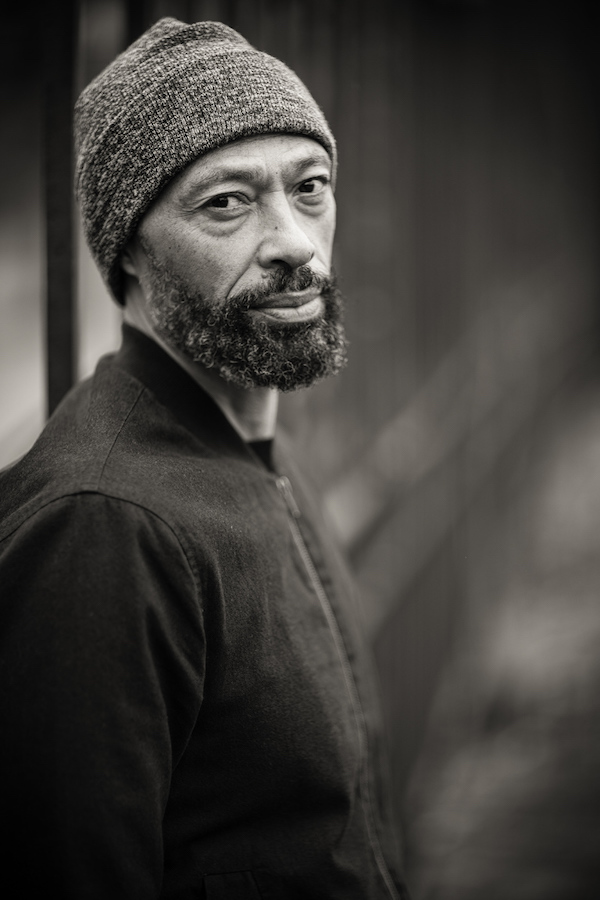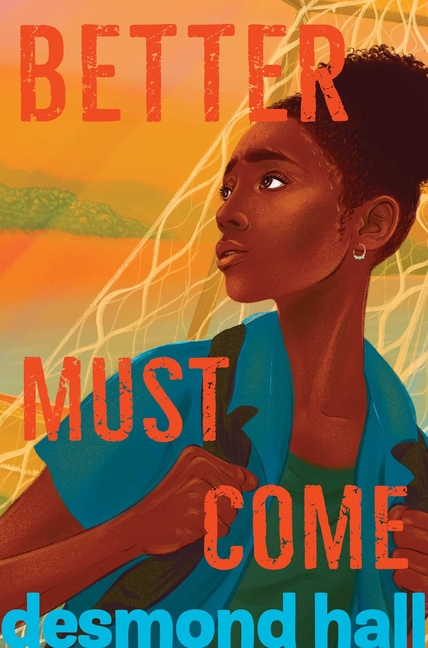The Landscape of Choices
I used to teach in East New York, Brooklyn at a time when that neighborhood had the highest homicide rate in the country. So, though I was a biology teacher I couldn’t help but digress from my lesson plans to share life stories for the purpose of sharing life lessons—not when the student’s lives were so challenging because of the harsh environment they had to navigate each day.
But at first, I was didactic. I couldn’t find enough soap boxes to stand on and preach the importance of doing the right thing. But I learned through trial and error (mostly error), and the help of an old veteran teacher who drove in every day from Long Island to do her best for the kids. I found out that I needed to present the landscape of opportunity to the students and allow them to see the proverbial light versus me taking a huge spotlight and shining it in the direction I thought they should go.
I’ve taken this learning to heart, and I use it in my novel writing. For example, when constructing the character of Deja in my new novel, Better Must Come (Simon & Schuster, 2024), I make sure to present the full and layered picture of the opportunities and problems that she faces—this includes the complexity of Jamaica’s social and economic realities. So, when Deja has to decide on what the right choice might be, the readers can understand her difficulty as if they are in her shoes. By seeing the full landscape of Deja’s difficult world, they will hopefully identify with her. And though the readers might not be a Jamaican teenager who stumbles onto a drug deal gone bad and is tasked by a dying DEA agent to transport a bag of cash across the island, the readers may still say to themselves, “Hey, she’s just like me.”
Similarly, with the character of Gabriel—the other POV character in Better Must Come—I couldn’t just convey that being in a posse (gang) is bad—not in any straightforward way. So, I created two characters, an angel and a devil to sort of sit on Gabriel’s shoulders. The angel is a priest with a dubious past and a righteous present and the devil is a likeable tough guy. And it was key to mix the message with the persona. For instance, the Devil is a gang member but one whose circumstances elicit empathy from the reader—and almost as importantly, he’s funny but doesn’t know it. In contrast, the angel who espouses the good side of things has a checkered past and a refined way of delivering the message of righteousness.
And then there’s Webber. Is he a drug dealer, businessman or something else? He turns the story in several ways while delivering intense monologues that espouse various ways of morality and immorality. Again, this creates a landscape for the readers to make their own informed decisions. This was the case in the classroom when I taught high school thirty-something years ago. And I have to say that between learning about covalent bonding and isotopes, some of my students came to their own positive conclusions on how to live a life, because the opportunities and liabilities were laid out for them to choose.
As I mentioned, I was a biology teacher in East New York, but I was also an English teacher in Bensonhurst, Brooklyn as well. There I learned how to teach symbolism from a great, and passionate English teacher. Specifically, she focused on showing me how the great American playwright, Tennessee Williams layered symbolism into his play, A Streetcar Named Desire.
I used those lessons along with what I learned in the film world to create the symbolism for Better Must Come. And through the rewrites, I discovered the opportunity of embedding symbolism similar to what you can find in Homer’s epic poem, The Odyssey. Just as Odysseus, the Greek warrior must fight his way back home after the Trojan wars, Deja, the main character in Better Must Come, must battle her way home through her own Jamaican odyssey. It was a really great breakthrough because it let me see that I was giving a young Jamaican woman the type of agency that’s usually reserved for young men, especially when it comes to thrillers.
So, as I said, I seized on the discovery and created a set of symbols that were similar to those found in The Odyssey: The cyclops, the 3 sirens, the cattle prophesy, the return home, etc. Now, Better Must Come is seeded with “Easter eggs” for readers to find, so they can see how the two works compare and contrast. I’m so glad that I had been a teacher. The satisfaction, the experience, and the skills I learned have made a huge impact on the quality of my life and the quality of my writing.
Hear Desmond Hall’s Audio Name Pronunciation
Listen to a Meet-the-Author Recording for Better Must Come
Explore Desmond Hall’s author page on TeachingBooks
Text and images are courtesy of Desmond Hall and may not be used without express written consent.



Leave a Reply